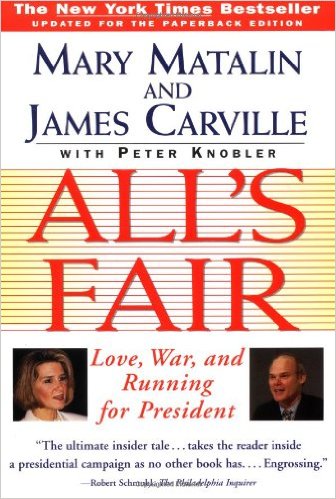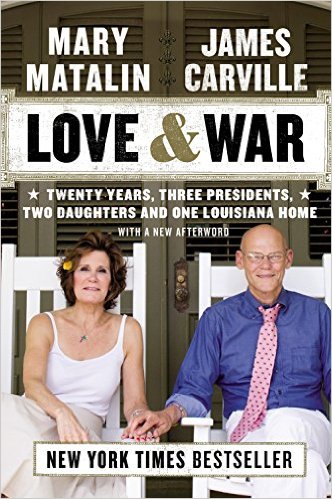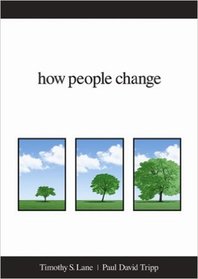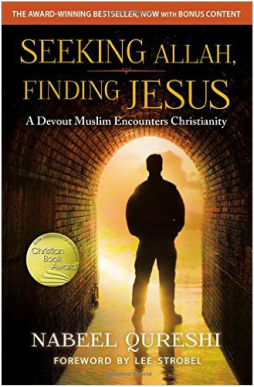First of all, let me say that I think the words “secret history” should be banned from all written communications whatsoever, if for no other reason than they are a reminder of the terrible Dinesh D’Souza movie. And in the case of Goldberg’s book (written well before the DDM came out) the words don’t really apply to his subject anyway. I’m a little surprised that a writer of as much wit and precision as Goldberg would use such a sloppy term. He should have called it “The Little-Known History” or perhaps “The History That People Too Lazy to Read History Missed Out On.” But maybe that’s a little clunky?
Anyway, I have to be honest here: I didn’t finish listening to the audiobook; I bogged down about one-fourth of the way through, when Goldberg said something along the lines that “Although FDR had fascistic ideas, he himself was not a fascist.” I just tried to find that line in the online version of the book and gave up, so you’ll have to take my word for it. Although I’ve fallen in love with audiobooks (my current one is the George Tenet memoir; look for that one soon), they work best when the book has a narrative spine. While Goldberg does start with Woodrow Wilson and World War I and moves on to the present day, his organizing principle is philosophical rather than historical. The book is very dense, and many of his ideas are so complicated that you have to go back and re-read them. Trying to re-listen to a section on audio can be very frustrating. But I’m not promoting a book that I haven’t finished, because I realized quite early on that I had indeed read it back when if first came out, but I remembered the title as The Happy Fascist. You can see from the cover art why that would be. I found it to be fascinating then and remember discussing it with my husband. So if you like challenging ideas that force you to re-think preconceived notions, I would say to get the print or digital version and go with that.
But perhaps you’d like something with a little more of a personal touch. Then I’d recommend the Chambers book. I was very much reminded of this one while struggling through Goldberg’s. Why? Because both men present the idea that it’s a mistake to talk about the “right” and the “left” in political philosophy. (Did you know, by the way, that those terms are completely accidental? They stem from the seating arrangement of the National Assembly in France at the time of the French Revolution; those in support of the king sat on the speaker’s right and those in favor of revolution sat on his left. These divisions continued and became entrenched in the language of politics.) It’s more correct to think of political and philosophical positions as a circle. As you move away from classic liberalism and true democratic ideals you’re going down either side of a circle that meets at the bottom; whether it’s socialism shading into communism into Bolshevism or authoritarianism shading into totalitarianism, the end result is the same: the elimination of personal freedom and the total control of the government in every area of life. I remember trying to explain this concept to my American history class at the time I read Witness, but I wasn’t very successful. My students were looking at each other and muttering, “What’s she talking about?”
Whittaker Chambers joined the American Communist Party as a young man and participated in some espionage activities during the 1930’s. He became a Christian, broke with the party, and ended up accusing a number of US government officials, including Alger Hiss in the State Department, of feeding him information. The Hiss case has been hotly debated ever since, although documents that surfaced during the early 2000’s showed Hiss was almost certainly guilty. Chambers could have kept his mouth shut and avoided all the controversy, but as he saw world events in 1939 he felt that he had to speak up. My most vivid recollections of the book (I read it 30 years ago) is of Chambers leading FBI agents to a stash of papers hidden in a field inside, of all things, a pumpkin. How the papers weren’t all mildewed is beyond me; maybe they were. And then, either in that stash or another, there were some microfilmed items showing Hiss’s involvement. But no, officials said, Chambers’ story couldn’t be true, because that type of film wasn’t being manufactured at the time of the documents. Chambers had to have faked them. Chambers said when confronted with this evidence, “God has deserted me.” But then it turned out that Kodak had indeed made that film for a short time that fit in with the dates of the documents.
As I’m sitting here writing about this book I read so long ago and being reminded of how powerfully it affected me, I’ve decided that I’ll give it another shot, this time on audio. It’s available through Hoopla, I’ve just discovered. So I’ve added it to my account. After I finish the Tenet book I’ll go on to this one and report back. It’s not quite as long as the Trollope book I reviewed last week; that one is 34 hours, this one is only 30. And I’m reading in physical form the book on the Benghazi attacks, 13 Hours, in my efforts to pull together a coherent narrative of what actually happened to bring about that tragedy and its aftermath. So I have plenty to keep me occupied, even without all of my podcasts and my reading about the election. (Be sure to migrate over to Intentional Conservative if you’re interested in my ideas about this totally bonkers election season.)
What’s occupying your mind these days?


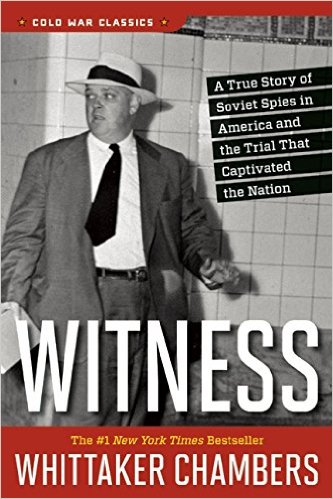
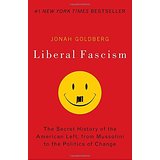
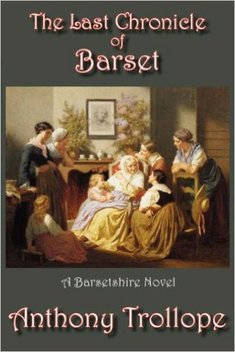
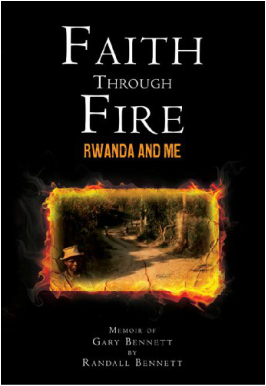
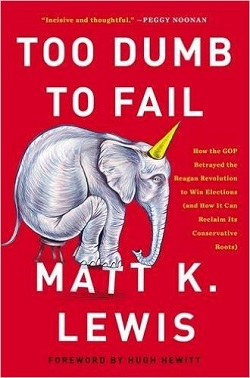
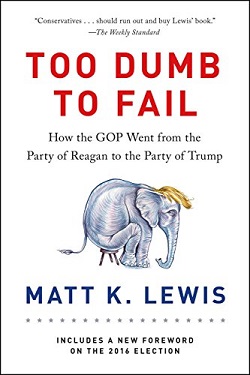
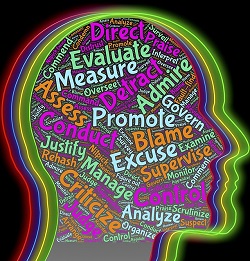 “The only person I can change is myself.”
“The only person I can change is myself.”